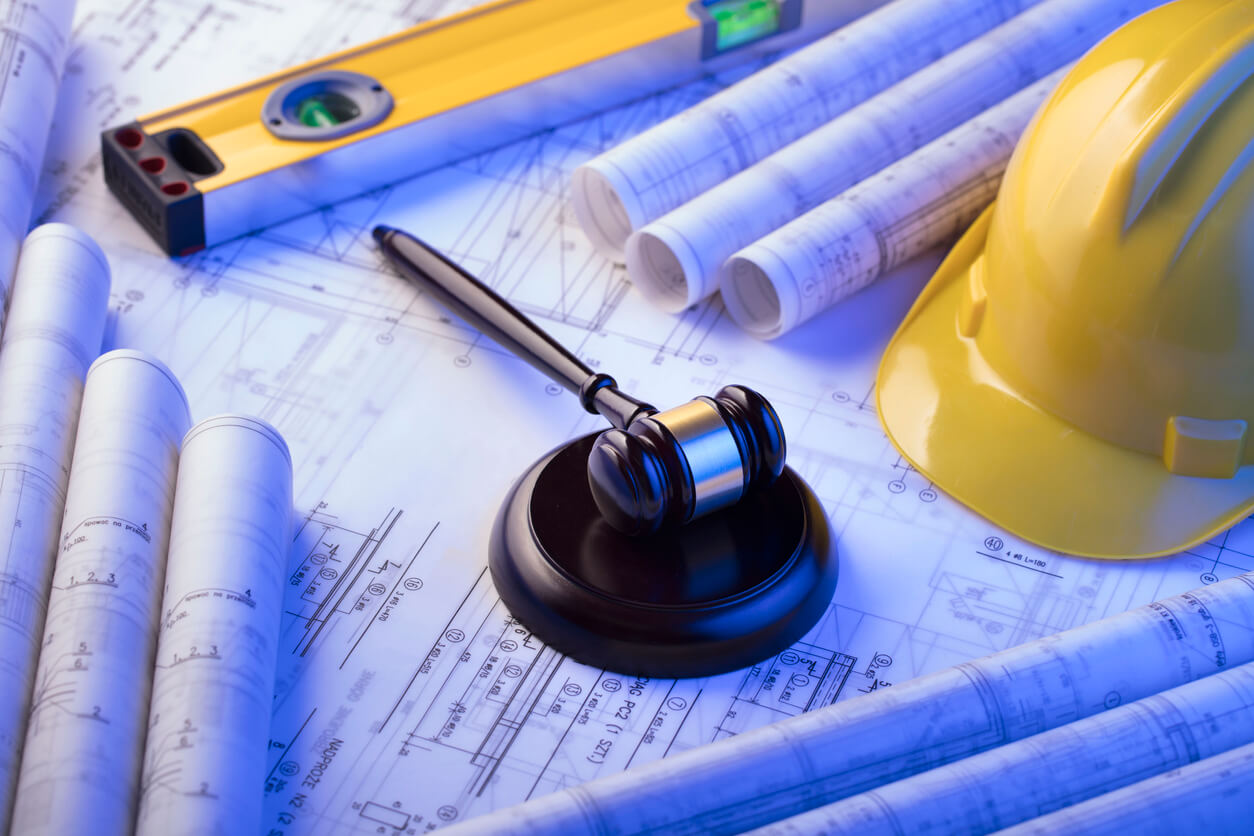We all know that embarking on a property development project can be an exciting and lucrative endeavour. However, it’s also essential to be aware of the various legal considerations and obligations that come with the territory. In the complex world of property development, overlooking these legal aspects can lead to costly delays, fines, or even litigation. Remember, discussing what the legal considerations you need to be aware of when developing a property are doesn’t replace professional legal advice. Consult a qualified lawyer for project-specific guidance.
Zoning and Land Use Regulations
One of the first legal considerations you will have to deal with is that of zoning and land use. If you’re fortunate, the zoning of your chosen site would allow your development, otherwise you will need to apply to have it rezoned. This is a cumbersome process, and you are never guaranteed of a suitable outcome. However, you also need to know if there are any building, environmental, or heritage restrictions that could affect your development.
Property Title and Ownership Considerations
Before purchasing the property or land you want to develop you should investigate ownership by means of a title search. This will allow you to confirm that you are always dealing with the legal owner of the property. But it will also show if there any title restrictions, such as caveats, covenants, and easements which could affect your planned development. And if you are planning on developing a strata scheme, now would be an ideal time to also have your first consultations with an experienced strata lawyer. Strata law is complex, and you wouldn’t want your development to add to the complexity.
Development Approvals and Permits
No construction can take place without the relevant approvals and permits. Obtaining these should be a simple process that isn’t too time consuming. But this depends on the complexity of your development and you submitting all the required documents, plans, and reports. Your application is assessed on factors such as compliance with zoning regulations, building codes, environmental and heritage requirements, and any relevant planning policies. Some common approvals and permits you might need include:
- Development Approval (DA).
- Construction Certificate (CC).
- Subdivision Approval.
- Occupation Certificate (OC).
The location and type of development could also see you having to have an environmental impact assessment carried out, along with needing approvals or permits for vegetation clearing and water use.
Financing and Taxation
Depending on your experience as a property developer, navigating financing options and the associated terms, interest rates, and fees can be easier if you consult an experienced solicitor or property lawyer. They will also be able to help you with other finance and tax related considerations from stamp duty and land tax, through to GST Capital Gains Tax (CGT) as they apply to property developments. When considering legal aspects of property development, finance and tax should not be approached without professional guidance.
Construction Contracts and Liability
Like financing and taxation, construction contracts and liability protection should be managed with professional guidance. This begins with deciding on the appropriate type of construction contract, which would be influenced by the size of the project, along with complexity and budget. This continues into the drafting of the construction contract that should cover rights, responsibilities, and expectations, but also critical provisions and clauses such as:
- Scope of work.
- Payment terms.
- Required standards of workmanship and materials.
- Insurance requirements.
- Process for resolving disputes.
Liability risks need to be managed through a combination of project and risk management strategies, and having the appropriate insurance coverage, which may include:
- Public Liability Insurance.
- Contract Works Insurance.
- Professional Indemnity Insurance.
- Workers’ Compensation Insurance.
Occupational Health and Safety (OH&S) Regulations
At the federal level, the model Work Health and Safety (WHS) laws provide a framework for workplace health and safety, while each state and territory has its own specific OH&S legislation, such as the Work Health and Safety Act in New South Wales or the Occupational Health and Safety Act in Victoria. Familiarising yourself with the relevant legislation and ensuring your project follows all applicable OH&S regulations is a critical aspect of responsible property development. You must consider the following key aspects of OH&S compliance:
- Risk management.
- Safe work procedures.
- Training and supervision.
- Personal protective equipment (PPE).
- Emergency planning.
You may need to appoint a principal contractor to oversee the construction process and manage subcontractors on your behalf. In this case, the principal contractor manages compliance with OH&S regulations on your site. However, as the developer, you still have a duty of care to ensure that the principal contractor and all subcontractors are meeting their OH&S obligations and maintaining a safe work environment. This includes regular site inspections, monitoring work practices and procedures, and keeping records of incidents.
The legal aspects of property development are critical to the success of your project and should never be taken lightly. From zoning and land use regulations to construction contracts and occupational health and safety, it is essential that you stay informed and follow professional guidance to avoid potential delays, fines, or litigation. Archistar’s property development platform offers a streamlined approach to assessing potential sites, providing you with vital planning data, zoning information, and risk and heritage insights. Don’t leave your project’s success to chance; make informed decisions by leveraging Archistar’s expertise today.

